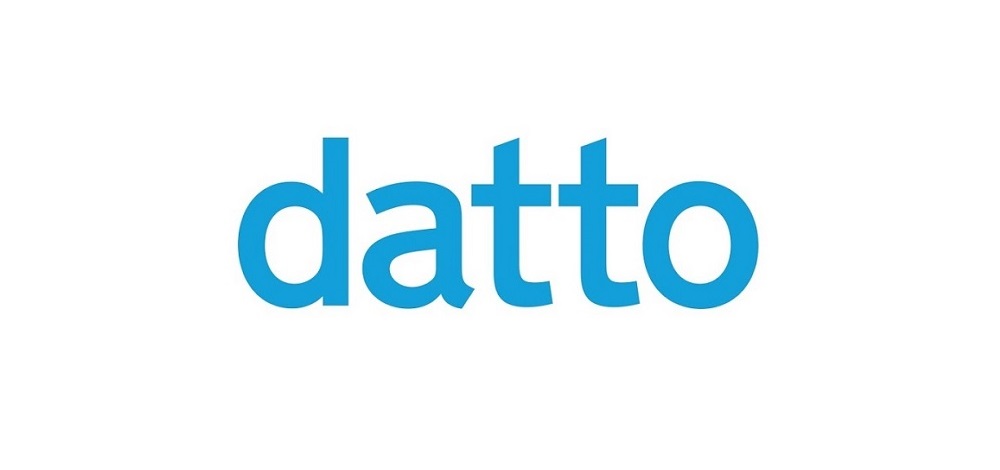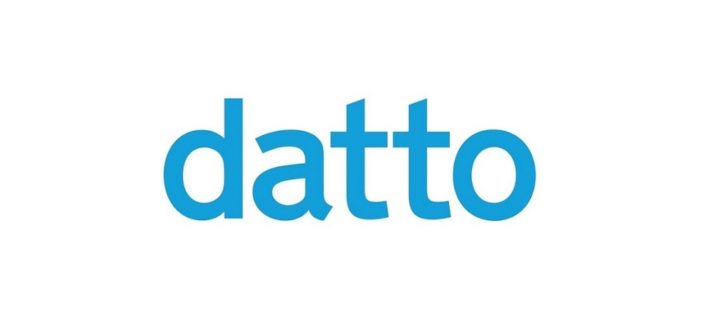
Datto Holding Corp. has released its fifth annual Global State of the Channel Ransomware Report. More than 1,000 MSPs weighed in on the impact COVID-19 has had on the security posture of small and medium businesses (SMBs), along with other notable trends driving ransomware breaches.
The survey found that ransomware still remains the most common cyber threat to SMBs, with 60% of MSPs reporting that their SMB clients have been hit as of Q3 2020. The impact of such attacks keeps growing: the average cost of downtime is now 94% greater than in 2019, and nearly six times higher than it was in 2018 increasing from $46,800 to $274,200 over the past two years, according to Datto’s research. Phishing, poor user practices, and lack of end user security training continue to be the main causes of successful ransomware attacks.
The survey also revealed the following:
- MSPs a target: 95% of MSPs state their own businesses are more at risk. Likely due to increasing sophistication and complexity of ransomware attacks, almost half (46%) of MSPs now partner with specialised Managed Security Service Providers (MSSPs) for IT security assistance – to protect both their clients and their own businesses.
- SMBs spend more on security: 50% of MSPs said their clients had increased their budgets for IT security in 2020, perhaps indicating awareness of the ransomware threat is growing.
- Average cost of downtime continues to overshadow actual ransom amount: Downtime costs related to ransomware are now nearly 50X greater than the ransom requested.
- Business continuity and disaster recovery (BCDR) remains the number one solution for combating ransomware, with 91% of MSPs reporting that clients with BCDR solutions in place are less likely to experience significant downtime during an attack. Employee training and endpoint detection and response platforms ranked second and third in tackling ransomware.
The impact of COVID-19 on ransomware and the cost of security disruptions
During the pandemic, the move to remote working and the accelerated adoption of cloud applications have increased security risks for businesses. More than half (59%) of MSPs said remote work due to COVID-19 resulted in increased ransomware attacks, and 52% of MSPs reported that shifting client workloads to the cloud increased security vulnerabilities. As a result, SMBs need to take precautions to avoid the costly disruptions that occur in the aftermath of an attack. The survey also determined that healthcare was the most vulnerable industry during the pandemic (59%).
“Now more than ever organisations need to be vigilant in their approach to cyber security, especially in the healthcare industry as it’s managing and handling the most sensitive (and for criminals the most valuable) private data,” said Travis Lass, President of XLCON, a Phoenix, AZ based MSP. “The majority of our clients are small healthcare clinics, with no in-house IT. As ransomware attacks continue to increase, it’s critical we do everything we can to support them by arming them with best-in-class technology that will fend off malicious attackers looking to take advantage of the already fragile state of the healthcare industry.”
The survey revealed the top three ways ransomware is attacking entities:
- Phishing emails. 54% of MSPs report these as the most successful ransomware attack vector. The social engineering tactics used to deceive victims have become very sophisticated, making it vital for SMBs to offer extensive and consistent end user security education that goes beyond the basics of identifying phishing attacks.
- Software-as-a-Service (SaaS) applications. Nearly one in four MSPs reported ransomware attacks on clients’ SaaS applications, with Microsoft being hit the hardest at 64%. These attacks mean that SMBs must consider the vulnerability of their cloud applications when planning their IT security measures and budgets.
- Windows endpoint systems applications. These are the most targeted by hackers, with 91% of ransomware attacks targeting Windows PCs this year.
“The COVID-19 pandemic has accelerated the need for stronger security measures as remote working and cloud applications increase in prevalence,” remarked Ryan Weeks, Chief Information Security Officer at Datto. “Reducing the risk of cyberattacks requires a multi-layered approach rather than a single product – awareness, education, expertise, and purpose-built solutions all play a key role. The survey highlights how MSPs are taking the extra step to partner with MSSPs that can offer more security-focused experience, along with a more widespread use of security measures like SSO and 2FA – these are critical strategies businesses and municipalities need to adopt to protect themselves from cyber threats now and in the future.”
For more information, download Datto’s State of the Channel Ransomware Report.





